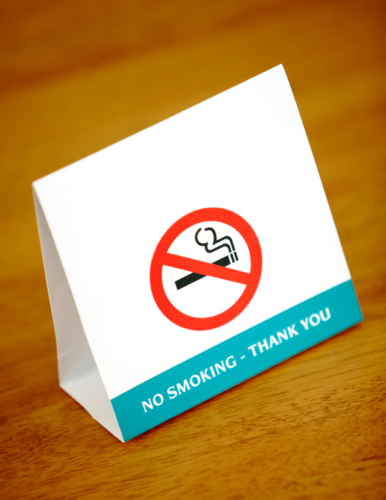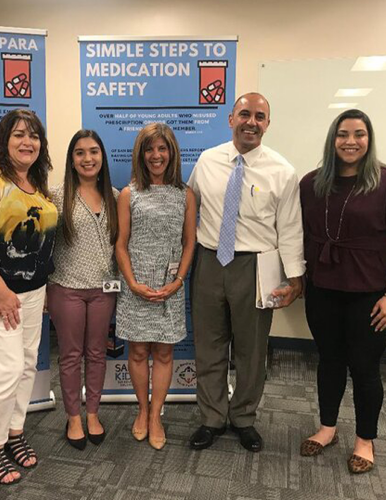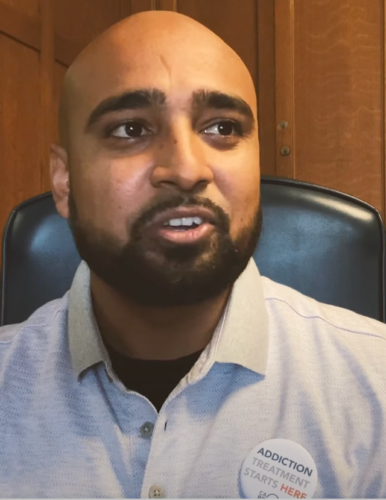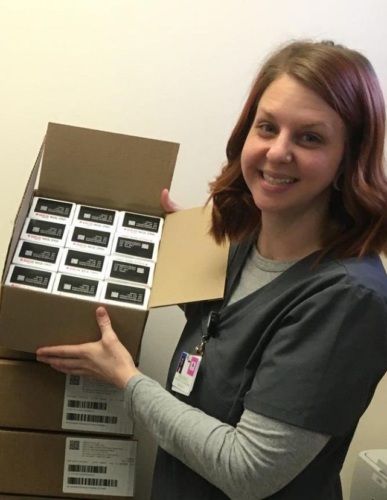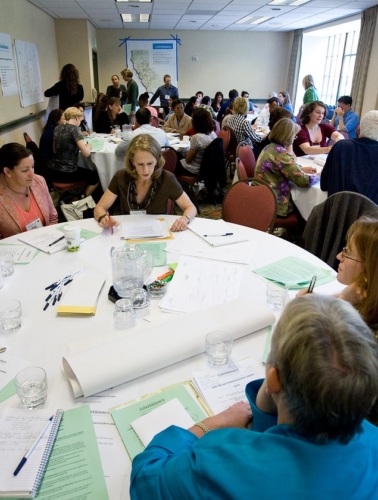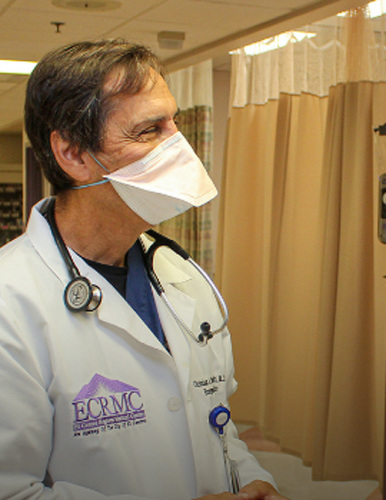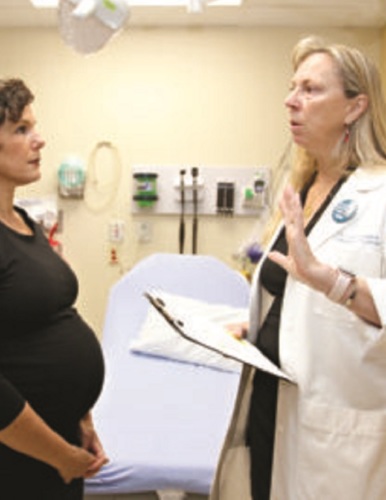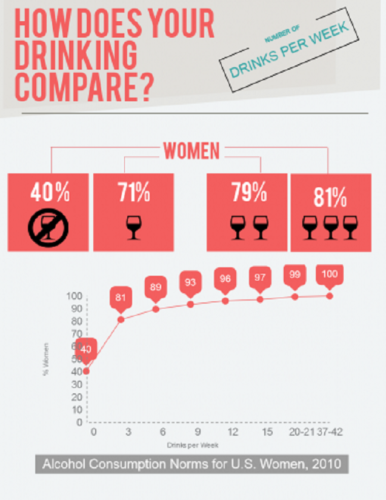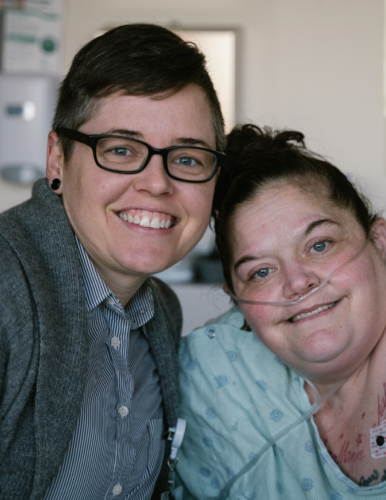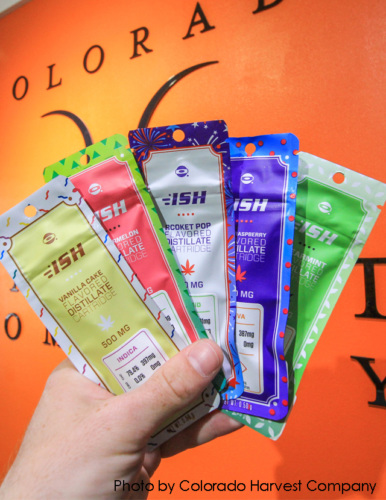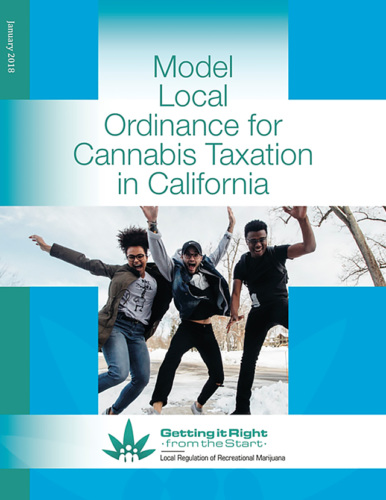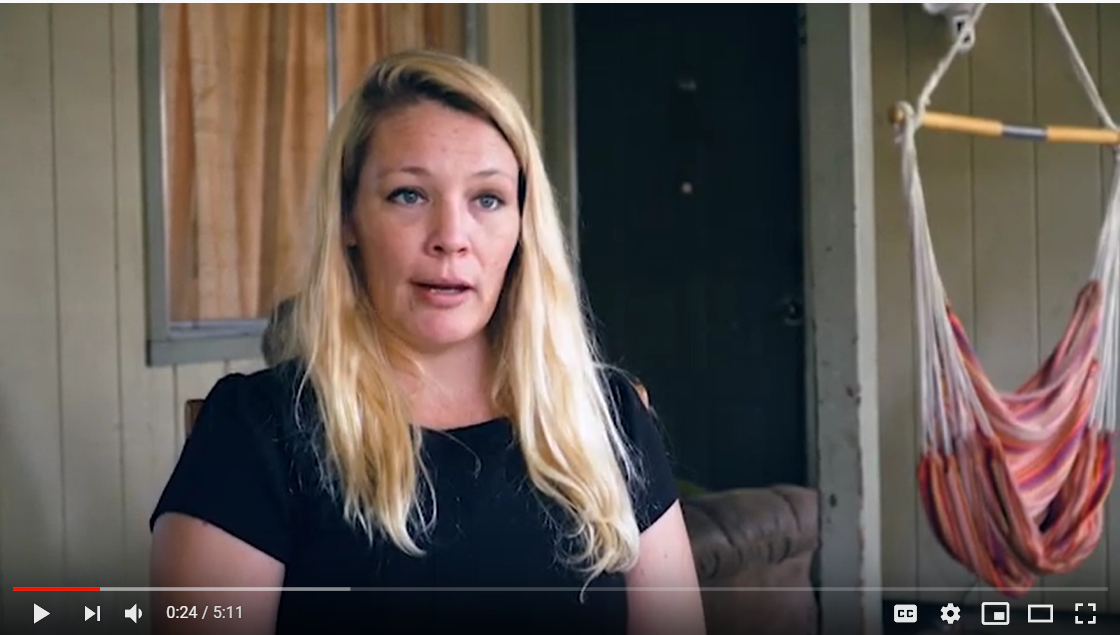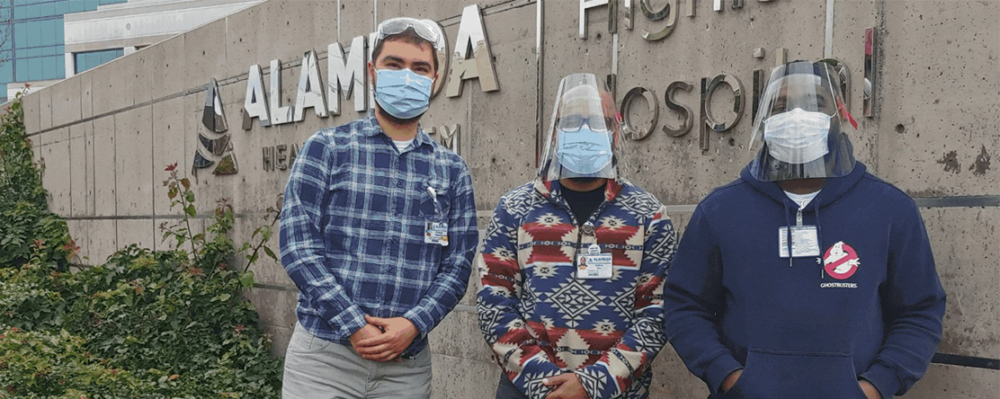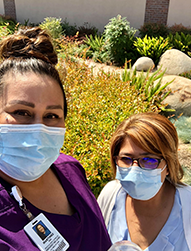
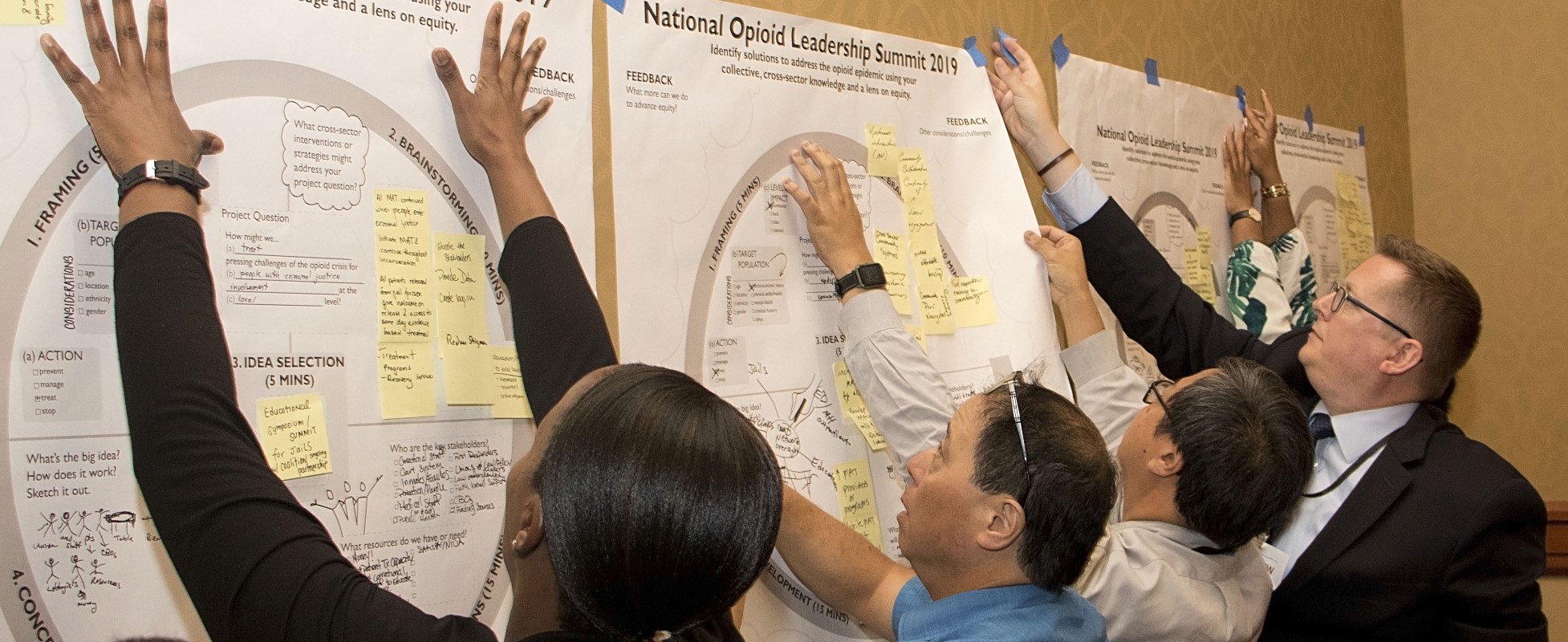
Alcohol, Tobacco, Drugs & Mental Health
Building the evidence base for what works
Our Impact
See all Alcohol, Tobacco, Drugs & Mental Health Impacts
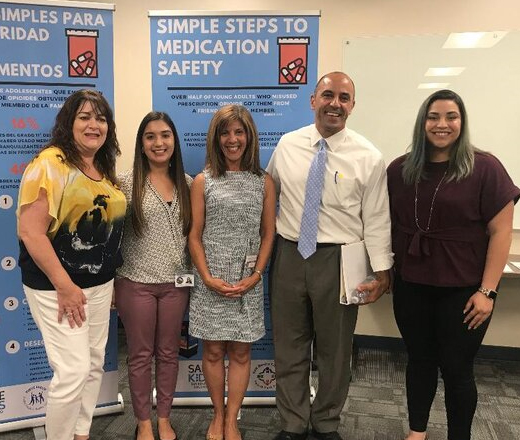
- 53M adults harmed by another's drinking, according to ARG research
- 539 California cities & counties—every jurisdiction in the state—assessed on their local cannabis regulations
- 200+ hospitals have adopted the CA Bridge model to provide Medication Assisted Treatment 24/7

Our Work
PHI is building the evidence base for what works to reduce the rates of substance use and mental health issues, with nationally recognized epidemiological research and an eye on inequities across populations. We also focus on substance use-related concerns such as physical injury, violence and mental health issues, and on improving interventions in primary care and treatment settings. PHI examines the role of gender, ethnicity, sexual orientation and socioeconomic status in drinking and drug use. We evaluate treatment readiness and access. And we work on tobacco addiction and policy approaches to reduce its spread.
Pioneering Expertise
PHI Priority
Building Health Equity
Using an intersectional research analysis can identify health inequities that are otherwise lost or hidden in the data. A 2024 study from PHI's Alcohol Research Group found that completion rates for alcohol treatment are significantly lower for racially and ethnically minoritized women. When examining race and gender disparities separately, results were consistent with previous studies. But when using an intersectional approach, researchers uncovered a much broader range of disparities, particularly for minoritized women—pointing to the need for solutions that target the unique challenges and barriers to treatment faced by women of color, including limited treatment access, childcare, discrimination, job flexibility and lack of culturally tailored services.
Programs
Active Programs
Alcohol Research Group
Behavioral Health and Recovery Studies
Berkeley Media Studies Group
Bridge
CA Bridge
Center for Collaborative Planning
Center for Health Leadership and Impact
Community Data Exchange Collaborative
Cypress Resilience Project
Getting it Right from the Start: Regulation of Recreational Marijuana
Work With Us
You change the world. We do the rest. Explore fiscal sponsorship at PHI.
Support Us
Together, we can accelerate our response to public health’s most critical issues.
Find Employment
Begin your career at the Public Health Institute.
